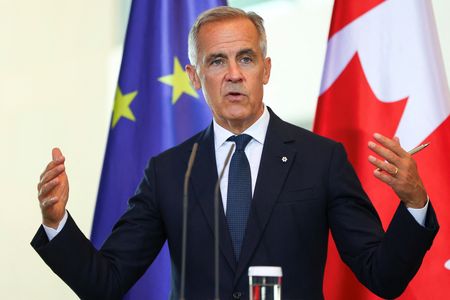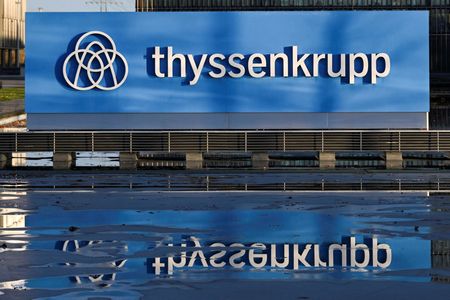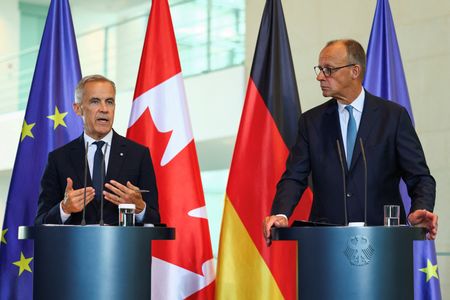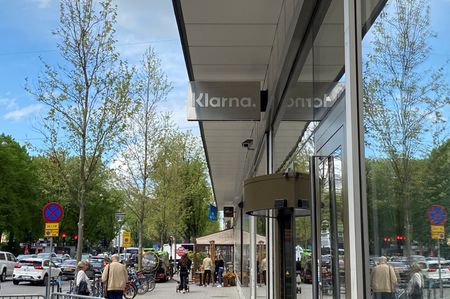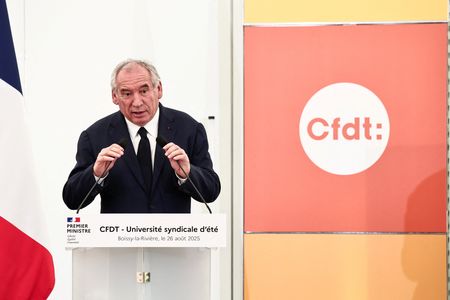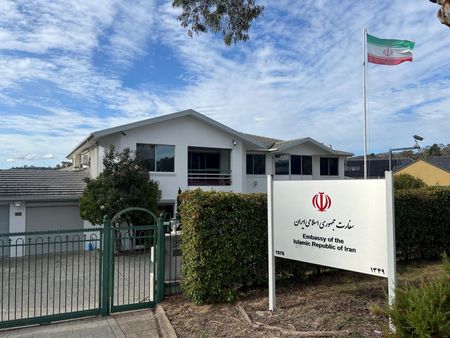By Riham Alkousaa and Sarah Marsh
BERLIN (Reuters) -The Canadian Prime Minister announced Tuesday that a German-Norwegian partnership is one of the top contenders for Canada’s new submarine program, as Ottawa and Berlin also agreed to deepen cooperation on critical minerals.
The long-time allies are strengthening their relationship through deeper cooperation on critical minerals and defence in their drive to solidify alliances in the face of rising global trade tensions and security threats.
Critical minerals such as lithium, rare earth elements, copper and nickel are essential for both countries’ defence systems, clean energy transition, and advanced manufacturing.
Germany is almost entirely reliant on imports for key critical minerals, while Canada’s modest production is largely geared toward domestic needs. By contrast, China controls the lion’s share of both mining and refining capacity worldwide.
Beijing’s curbs on rare earth exports have disrupted supply chains for automakers, aerospace firms, semiconductor producers, and military contractors, raising pressure on both nations’ economies already squeezed by U.S. push for new tariffs and high energy costs caused by the war in Ukraine.
“There are enormous possibilities and opportunities for critical raw materials and metals. And there are all kinds of energy, such as LNG and hydrogen, that we can also provide and supply,” Prime Minister Mark Carney said after a meeting with Chancellor Friedrich Merz in Berlin.
After Russian gas imports to Germany collapsed following Moscow’s invasion of Ukraine, Berlin showed interest in Canadian liquefied natural gas, but so far with little effect since existing Canadian LNG projects are on the Pacific coast, making transport costly and complex.
Carney said he would visit the Thyssenkrupp Marine Systems (TKMS) facility in Kiel later on Tuesday as the German company leads a consortium that is one of the two finalists, along with a South Korean one, for a deal to deliver up to twelve submarines to Canada’s navy.
TKMS, which is to be spun off and separately listed this fall, said it welcomed the news, with CEO Oliver Burkhard saying it provided a “strong sign of confidence” in TKMS’s capabilities.
German and Canadian energy ministers also signed a declaration of intent to strengthen cooperation on critical minerals, focusing on processing, refining, and recycling through joint projects supported by public and private investment.
Carney said Canada was mobilizing nearly half a trillion dollars for energy, port, and digital infrastructure to unlock underdeveloped resources and boost eastern exports from the Atlantic coast.
“We will be making a number of investments, and we will formally announce this within the next two weeks,” he told reporters.
Germany and Canada also plan to encourage stronger partnerships and research collaborations between companies and financial institutions.
Examples include the partnership between Canadian mining company Troilus Gold and Hamburg-based Aurubis AG to build a rare-earth magnet supply chain between Quebec and Germany.
Last year, the two countries signed an agreement to advance commercial-scale trade in clean hydrogen, but progress remains uncertain because of low demand for green fuel in Germany.
(Reporting by Sarah Marsh and Riham Alkousaa; additional reporting by Christoph Steitz; Editing by Friederike Heine, Tomasz Janowski and Franklin Paul)

